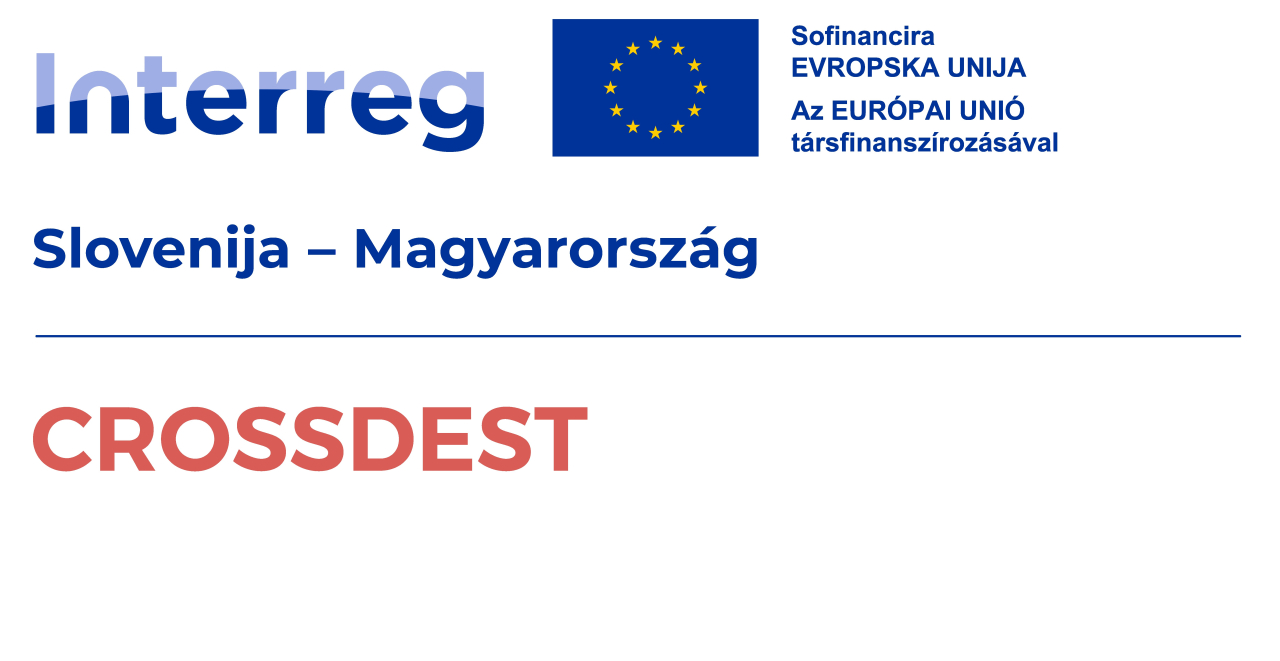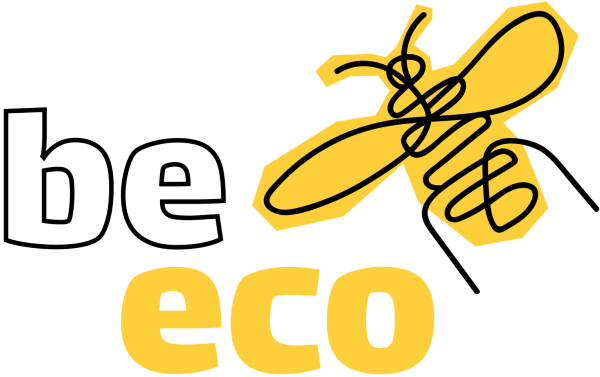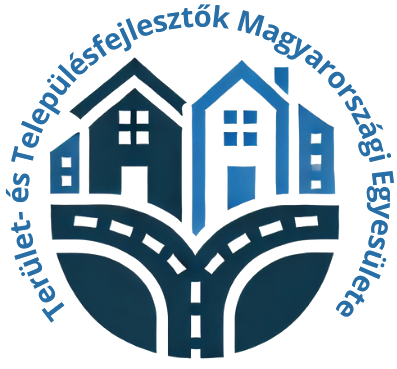Bükkszék
Bükkszék is located at the meeting point of the Mátra and Bükk mountains, 20 kilometers from Eger, in the Tarna Valley. This historic settlement was already known in the Middle Ages and was first mentioned in a 1275 document under the name "Sceek." In 1937, oil exploration began in the area known as the “Bükkszék Dome.” Although the extracted oil quantity was modest, a 39-40°C thermal spring was discovered during these explorations. In 1939, a small bath was established, which is now known for its SALVUS medicinal water. One of Bükkszék’s notable landmarks is its towerless church, originally built in the Árpád era. It was later enriched with Gothic features, but during its reconstruction after the Turkish occupation, no tower was added, making it a unique architectural relic. The village's only manor house belonged to the Práff family and was built around 1820 in a Classical style. Today, it functions as a community center. The area is also ideal for hiking, with the Park Forest recreation area offering a rich diversity of flora and fauna for visitors to explore. In August 2007, to mark the 70th anniversary of the oil explorations, a permanent exhibition on the history of oil drilling was opened at the local spa. Additionally, five commemorative plaques were erected along the “Path of the Oilmen” at the sites of the former drillings to preserve the industrial heritage of the village.
Arrival
- Walk
- Horseback
- Bike
- Electric bicycle
- Public bus transportation
- Bus (rented for the trip)
- Motorcycle
- Car
Sights, programs
What will you find here?
-
Non-governmental organization
Public transport
- bus
Parking information
- Free outdoor parking available
- Free bus parking available
Sustainability level
Topic 1: Destination Management 31%
- Visitor management: 40%
- Commitment and organization: 0%
- Design & development: 17%
- Monitoring and reporting: 50%
- Legal and ethical compliance: 50%
Topic 2: Nature and landscape 70%
- Nature and wildlife protection: 100%
- Nature and conservation: 40%
Topic 3: Environment and climate 24%
- Land use and pollution: 0%
- Water management: 60%
- Energy, sustainable mobility and climate change: 0%
- Adaptation to climate change: 0%
- Waste and recycling: 60%
Topic 4: Culture and traditions 54%
- Cultural heritage: 33%
- People and traditions: 75%
Topic 5: Social Welfare 26%
- Health and safety: 50%
- Local economy: 10%
- Socio-economic impacts: 0%
- Community participation: 0%
- Human dignity: 71%
Topic 6: Business and Communication 56%
- Business participation: 11%
- Information and marketing: 100%













